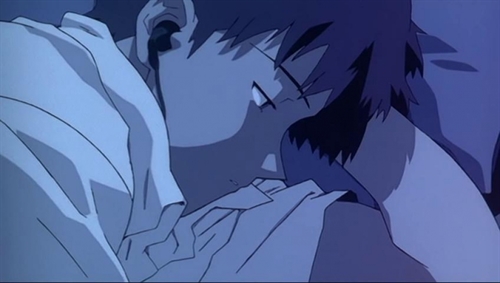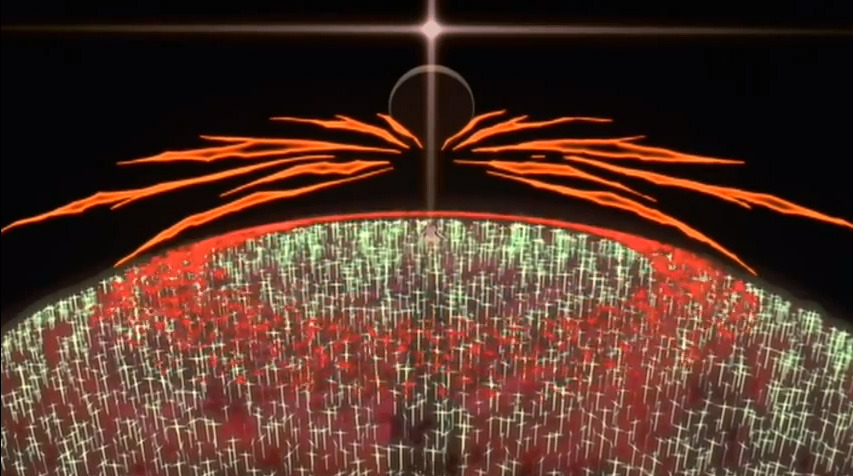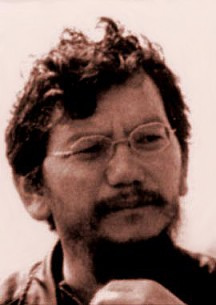In July 1997, audiences in Japan witnessed the film that is known as The End of Evangelion, and it would eventually be known as one of the most thought-provoking feature-length anime films to be released.
Before I pressed play, I had a feeling that what I was going to watch was going to be something completely different, and my mind was completely blown afterwards. Just like Death and Rebirth, the film presents itself in two different segments, but since it is considered as an alternate ending to Neon Genesis Evangelion, the segments are considered as episodes (technically as "Episodes 25 and 26").
In Episode 25, NERV is under attack by the forces of SEELE, and the lives of the pilots are threatened. As Misato takes Shinji to his Eva, Asuka is on the battlefield fighting SEELE's personal Eva army, and Rei is with Gendo to help start the events of the final episode. Throughout the action scenes, we see multiple deaths as NERV's staff is brutally shot or incinerated, and a couple of the supporting cast members die on screen. The scenes are action-packed, but it all changes in Episode 26.
Episode 26 is where the film takes a sharp turn, and it becomes disturbing and confusing like a visual roller coaster of terror. Without spoiling any of the important parts, the film goes straight into Shinji's mind as the planet begins a straight course into destruction, and Hideaki Anno goes into the territory that is somewhat familiar in several of the works of Mobile Suit Gundam creator, Yoshiyuki Tomino. Technically, everything becomes an eventual Hell for the remaining cast, and Shinji is eventually tormented with both memories and nightmares that goes into his head. This occurs in the film until the very end when we see one finally short segment that finally concludes the film.
After I was done watching the film, I asked myself one final question: Is this really what the fans of Evangelion wanted from Anno after they were disappointed by the final two episodes of the TV series? If it was, I would want to ask them if they were satisfied with the final result that Anno came up with. Before I end this review and give my final opinion about it, I want to bring up how many people who watched this either liked it or hated it, and how it's complicated to understand what type of movie The End of Evangelion really is. Those who liked this movie believe that it is a film that concludes a great series like Evangelion, but the people who didn't like it say that it's a confusing film that is hard to understand. Now, that I watched the film, I don't really think it should be called one at all. It's a complete look into the mind, and it's also an experience that must be seen to be believed.
In short, I recommend this film, but to view it in a way that I believe Anno wants it to be seen, anyone who watches The End of Evangelion must watch it with an open mind. They should also be prepared for it before they even press play. Like Death and Rebirth, the DVD is out of print, but it can easily be found on online shopping sites. I have to admit that this was the toughest review I had to write, and there will probably be a tougher one down the road. However, I will eventually return to Evangelion, since there is the existence of the Rebuild of Evangelion film series, and there may be some topics I may want to cover more closely in some sort of analysis. Until then, I shall go back to review several series, movies, and OVAs that are very familiar with the anime/manga fan base.
Written by Nolan Schmidt












